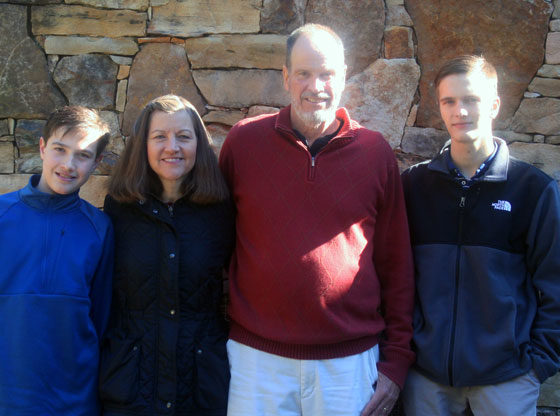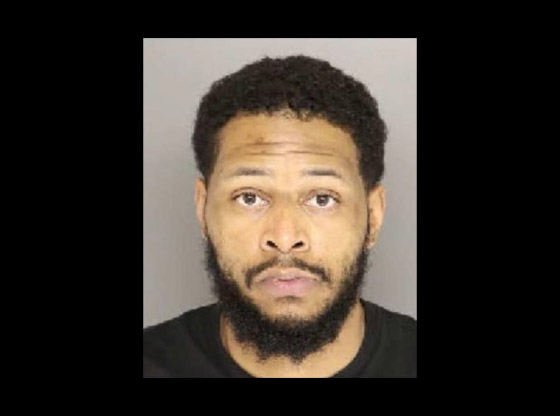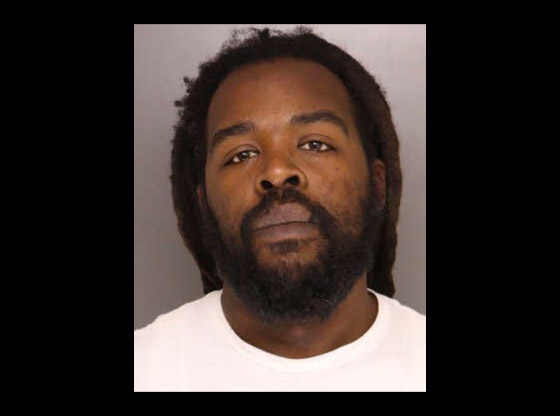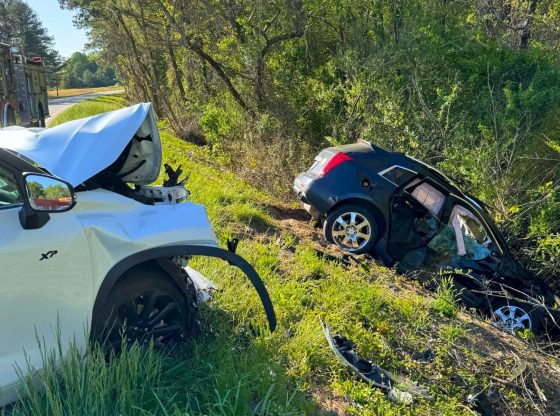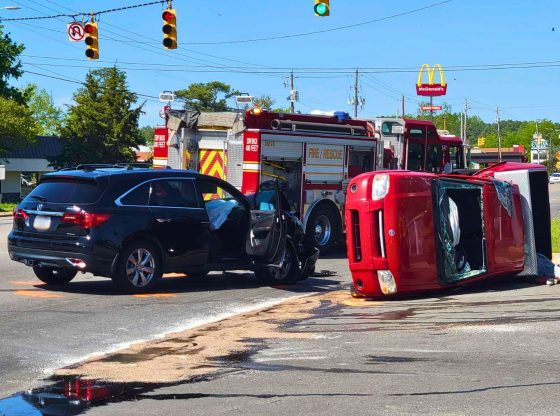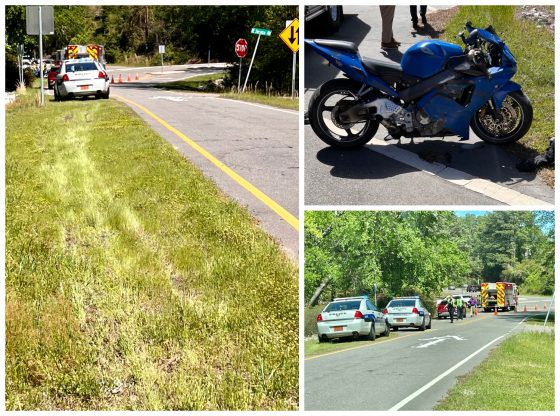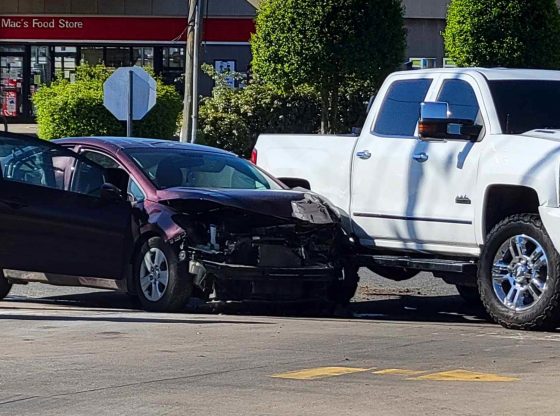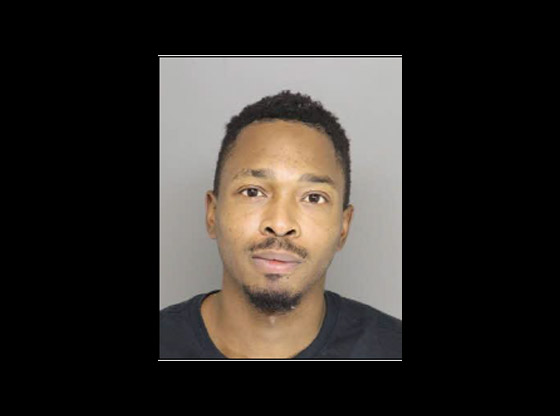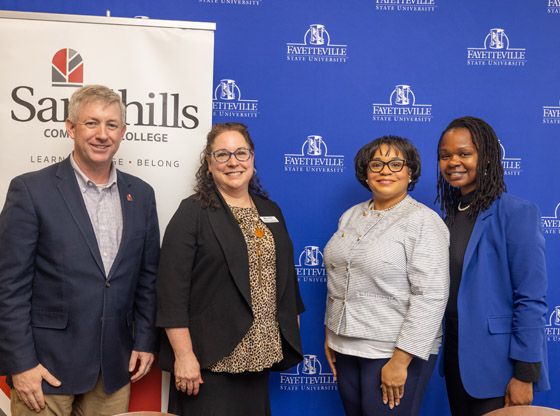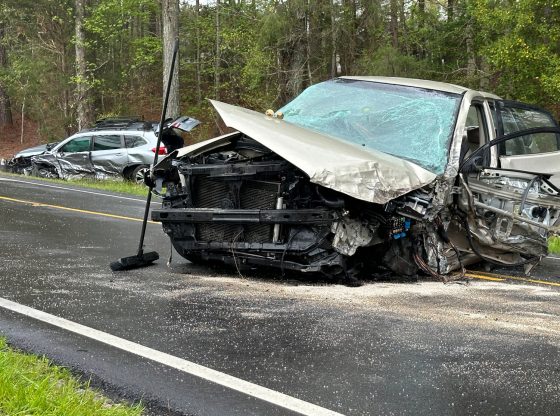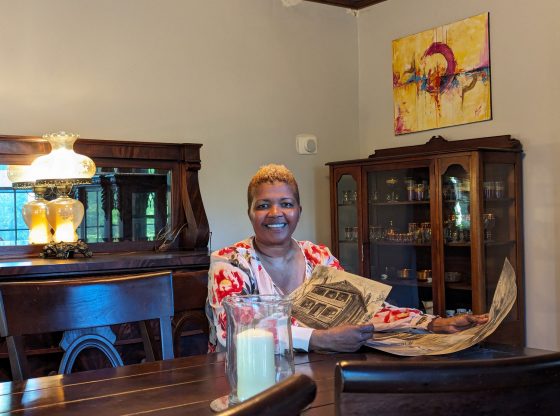In 2007, Dan Flynn was a busy cartographer and weekend golfer with a wife and two sons, ages 3 and 4. Then he started passing blood. A colonoscopy revealed stage 2 colorectal cancer. Everything changed.
“I was shocked and depressed,” the Seven Lakes resident said. “I was only 52 years old and had always maintained a healthy lifestyle.”
Like most Americans, Flynn had never considered screening for colon cancer. “I mapped out the entire country for the United States Census Bureau, but I never thought about mapping out a plan to prevent this,” he said.
March is National Colorectal Cancer Awareness Month and FirstHealth of the Carolinas joins efforts to raise awareness of the disease.
Colorectal cancer is one of the most common cancer types for both men and women. By the end of 2020, an estimated 147,950 new cases will be diagnosed and 53,200 deaths will be attributed to the disease, according to the American Cancer Society. In North Carolina, 2020 estimates are 4,540 new cases and 1,640 deaths. The disease most often starts with a polyp—a small growth on the lining of the colon or rectum—but doesn’t usually cause symptoms until it’s more advanced, as was the case with Flynn.
“The good news for colorectal cancer is that it’s often highly treatable,” said Flynn’s radiation oncologist Stephen King, M.D., who cares for patients at the FirstHealth Outpatient Cancer Center in Pinehurst. “The key to survival is identifying and removing polyps early, before they can turn into cancer.”
Dr. King and his colleagues recommend that all men and women age 45 and older talk with their health care providers about their risk for colorectal cancer and getting screened for it, even if they have no symptoms. “If patients have a family history of colorectal cancer or polyps, they might need to start sooner,” he added. Different types of screening tests are available.
While early detection through screening is key, people should be aware of symptoms that could signal colorectal cancer. These include a change in bowel habits, such as diarrhea, constipation or narrowing of the stool that lasts for more than a few days; feelings of needing to have a bowel movement that’s not relieved when using the restroom; rectal bleeding; blood in the stool, which may make it look dark; cramping or abdominal pain; weakness and tiredness; and unintended weight loss. “While these issues can be caused by something other than colorectal cancer, such as infection, hemorrhoids, irritable bowel syndrome, or inflammatory bowel disease, it’s important to see a health care provider right away to get it checked out,” said Dr. King.
Flynn’s colorectal cancer was detected at stage 2, so he and his doctors—King and medical oncologist Ellen Willard, M.D., now retired—engaged in a three-part battle to eradicate his disease. He underwent radiation, removal of part of his colon and chemotherapy. “All of my doctors, nurses and other staff were very competent and sincere,” said Flynn. “I never felt the need to go elsewhere for treatment.”
Now retired, Flynn reports being in “very good” health and has resumed normal activities, which currently includes a role as “Mr. Mom” for 16-year-old Vince and 15-year-old Thomas while his wife Laura works full time at Sandhills Community College. “Most days I don’t even think about cancer,” he said. “It’s a wonderful feeling.”
Another role Flynn has assumed is as a volunteer for FirstHealth’s CARE-Net. Sponsored by the Cancer CARE Fund of the Foundation of FirstHealth, CARE-Net is a program of volunteer advocacy and support for patients. A component is the “buddy system,” pairing specially trained volunteers—many of whom are cancer survivors themselves—with patients who need a sympathetic ear, a caring heart or a helping hand as they navigate the health care system.
“When I met Dan, I knew he would be a great fit for this program,” said Laura Kuzma, MSW, former Foundation for FirstHealth Volunteer and Care-NET coordinator and current Oncology Support Services and Patient Navigation supervisor. “His caring demeanor, combined with his first-hand experiences, provide great comfort to patients who are experiencing colorectal cancer—or any cancer—for the first time.”
“I appreciate the opportunity to help another human being who has the same worries I did,” Flynn said. “It’s good for people to know there are others out there who care for them.”
For more information about colorectal cancer services at FirstHealth of the Carolinas, call (800) 213-3284 or visit www.firsthealth.org/colonscreening.
Courtesy photo: Dan Flynn and family.
Contributed


